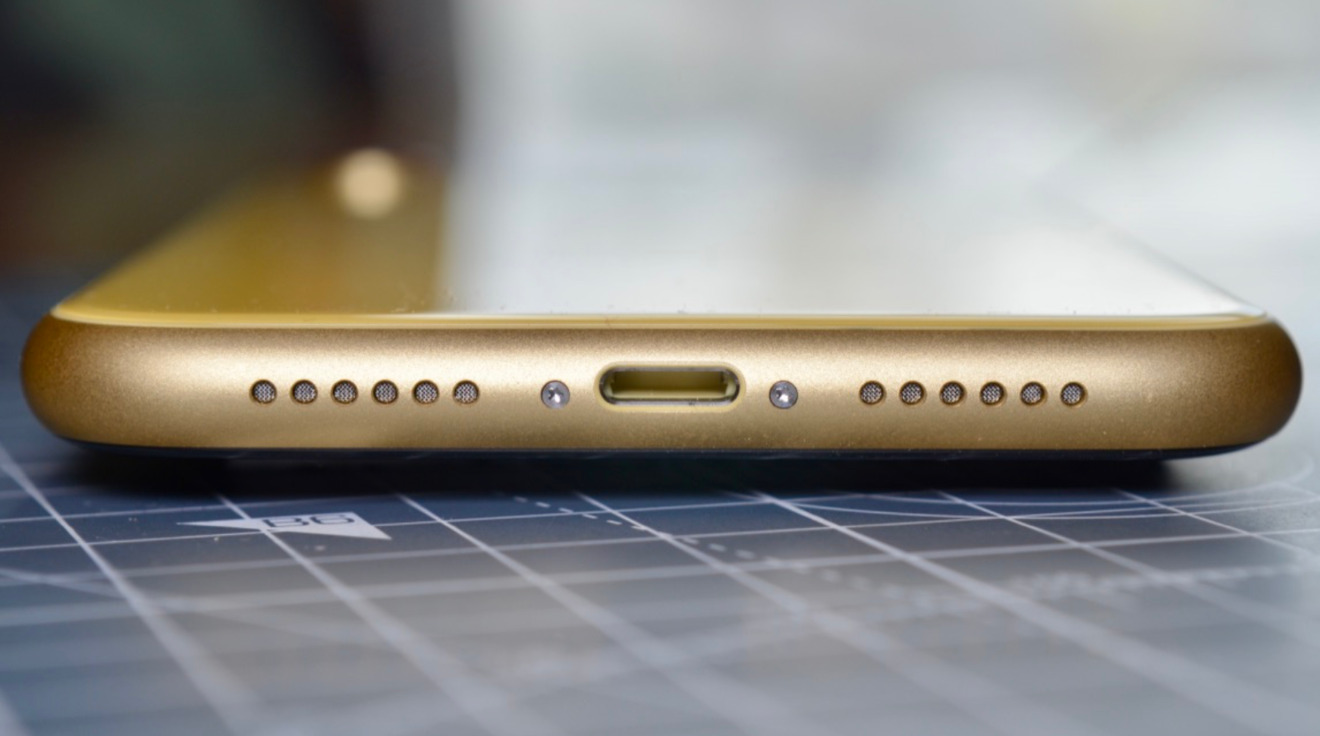EU may force Apple to make iPhone battery replacements easier
A future version of the iPhone or iPad may have a removable battery compartment, a leaked proposal from the European Union may demand, one that could force Apple into a major redesign of the high-selling smartphone, if it ever gets approved.
The modern-day iPhone, and other premium smartphones, offer consumers a thin construction and a sleek design, as well as waterproofing, all due to how the internal components are carefully assembled within the chassis. While the trend has led to harder-to-fix designs than those where the rear cover could be more easily removed, it seems the EU may be preparing for a return to such design ideas.
In proposals leaked to paywalled Dutch outlet Het Financieele Dagblad, the EU allegedly wants to make it easier to change the battery more easily replaceable in smartphones. By making it simpler to replace the battery, this will allegedly make smartphones more sustainable, enabling them to have a longer lifespan and generating less electronic waste.
Depending on how the proposals play out, the requirement to have a more easily replaceable battery could be a call to make it easier to repair a smartphone to put in a replacement for a dying battery. At its most extreme, it could take the form of making it a user-accessible component, which would necessitate a major rethink of modern design from every smartphone manufacturer.
The proposals are said to be presented by vice president of the European Commission's "Green Deal" Frans Timmermans in mid-March. The proposals are still being worked on, and are also likely to include other sustainability-related measures, including changes to product recycling regulations.
While only a leaked proposal of questionable provenance at this time, such a demand may take many years before it becomes a law, due to the relatively slow nature of continent-wide rule-making. Such rules will also only truly apply within the European Union, leaving open the possibility of an EU-specific smartphone design and one for the rest of the world, though the extra expense could see some pushback from device vendors.
The European Union has already one set of regulatory changes on the cards that may affect future smartphone usage. The European Commission voted in January to establish a common charging standard for devices, a move that may force Apple to shift away from Lightning to another connection type, however neither a timeframe nor plan has been established for the measure.
 Malcolm Owen
Malcolm Owen











 Amber Neely
Amber Neely
 William Gallagher
William Gallagher













